English professor Bryan Rasmussen hosts ‘biome brunch’ with native plants around campus
Photo contributed by Bryan Rasmussen
Rasmussen pairs his lessons on environmental literature with hands-on learning by having his students collect materials for their own brunch from around campus.
April 26, 2022
Bryan Rasmussen Cal Lutheran professor who has a doctorate in English, provides students in his environmental literature class with hands-on learning experience. He pairs readings with assigned excursions where students gather native crops they can later eat in a end of the semester brunch.
Rasmussen said he started teaching environmental literature a number of years ago. Through reading literature written by Native Americans, Rasmussen said he learned how Indigenous people used their land for sustenance.
“I became a California naturalist a number of years ago, I got training in California natural history,” Rasmussen said.
Anthony Garay one of Rasmussen’s students in the fall, said he enjoyed his class because of how Rasmussen enforced the themes of the novels through immersive activities involving food. One of those activities was collecting acorns to make dishes for class during finals week. Junior Emma Janzen participated in collecting acorns last semester. Janzen said Rasmussen then dehydrated the acorns and turned them into flour to create acorn bread.
“I know another thing that’s really important to him about it, is like understanding that these are foods Indigenous people would eat. And kind of trying to preserve some of their practices and like the sacredness around food,” Janzen said.
Rasmussen said the students are able to collect the acorns on campus and only on campus because it is private land otherwise they would not be allowed to do it.
“This is Indigenous land that was never given away by the Chumash; it was acquired by the Spanish and then Mexican ranchers and then the United States. And so one essential, really critical part of this practice is to understand that indigenous people living in Southern California cannot do this freely,” Rasmussen said.
Garay said the thing he liked most about the activity was how it was a good way to show respect and appreciation for Chumash land.
“One of the major themes we talked about when tackling the climate crisis was the importance of building community. And that activity was a really good way for class to build a community because everyone, kind of, picked their own acorns. And then in the end, we all came together,” Garay said.
Garay said doing this activity makes what you’re learning in class stick with you longer. Along with collecting acorns, Janzen said another activity she experienced with her environmental literature class was collecting prickly pears that Rasmussen later turned into jam.
In addition to the acorns and prickly pears, Rasmussen also offered his students herbal tea from a plant called Yerba Santa. He said it is common in Southern California and is a highly medicinal plant that has a lot of spiritual properties.
“So when we would read certain literature, I would do it as a kind of experiential hands on, you know, toggle on kind of experience where I would, you know, introduce them to this tea and I would talk about in connection with the literature that we’re reading, just as a different way to think about landscape than purely in a kind of aesthetic way,” Rasmussen said.
All three of the foods and teas combined formed what Rasmussen calls the “biome brunch.” Rasmussen said they ate acorn bread which was from Oak Woodland trees, prickly pears from coastal sage scrub, and Yerba Santa from Chaparral.
“That’s another thing we do is that we don’t necessarily just assume that this landscape is just something for us to collect from, and consume. But it’s actually, again, to think about who we are and where we are, who we are in time and space, and who has the privilege to do exactly what we’re doing,” Rasmussen said.
Unfortunately, with Covid-19 the food tasting has been on pause but Rasmussen has had acorns in his office from past semesters that he can still use for future classes.
“He’s just that professor that you know really cares about all his students,” Garay said.

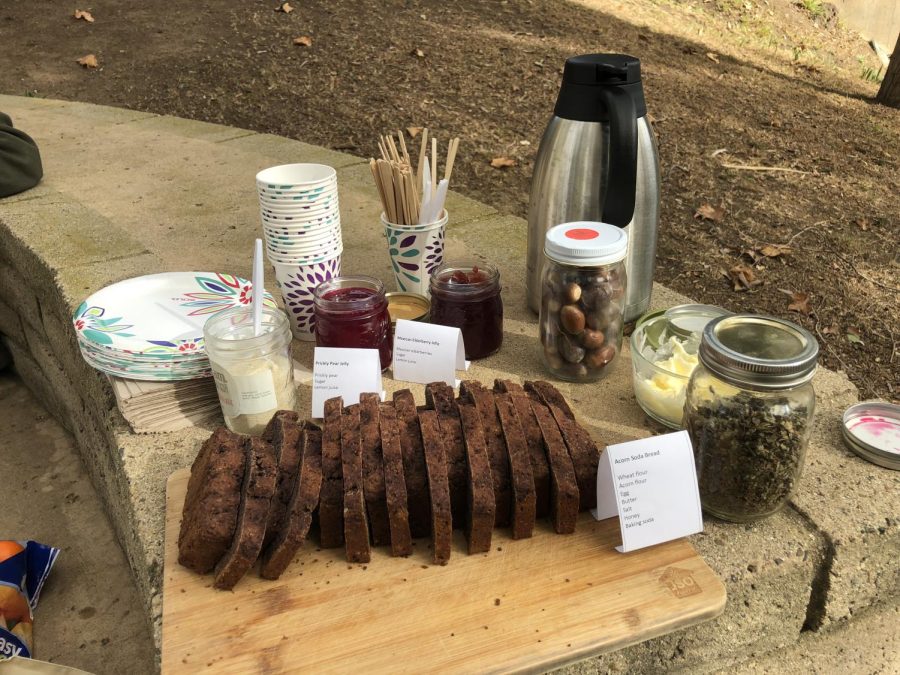


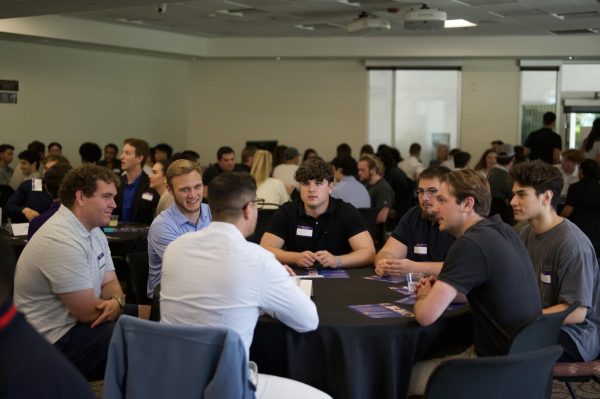
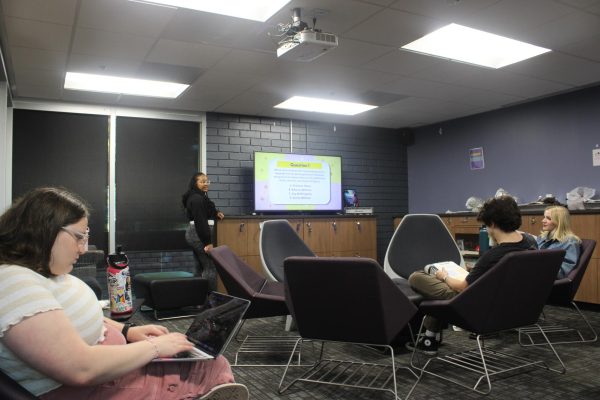
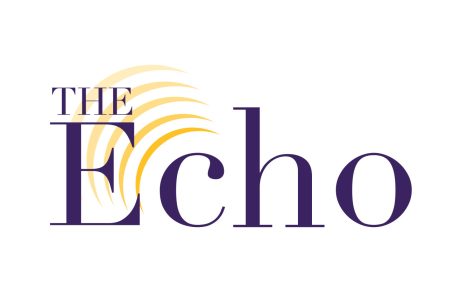
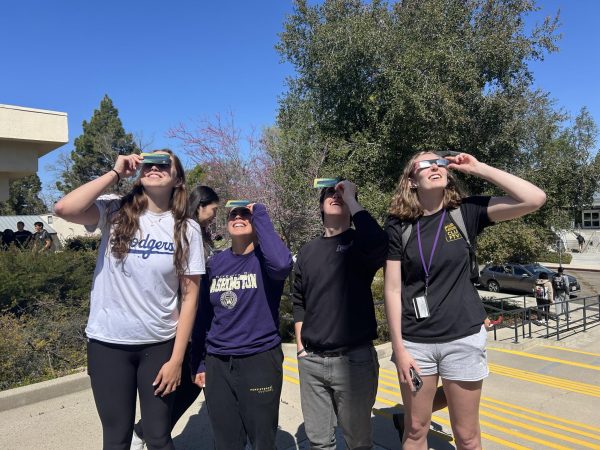
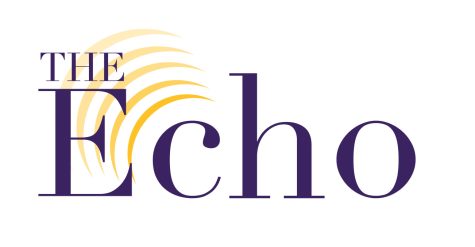
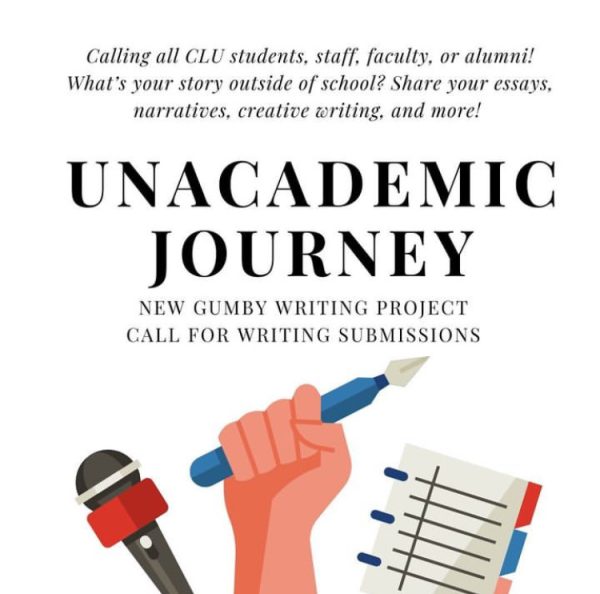
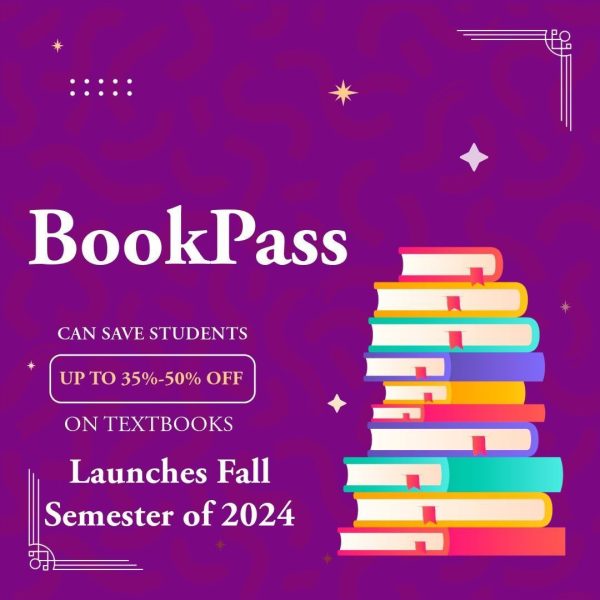
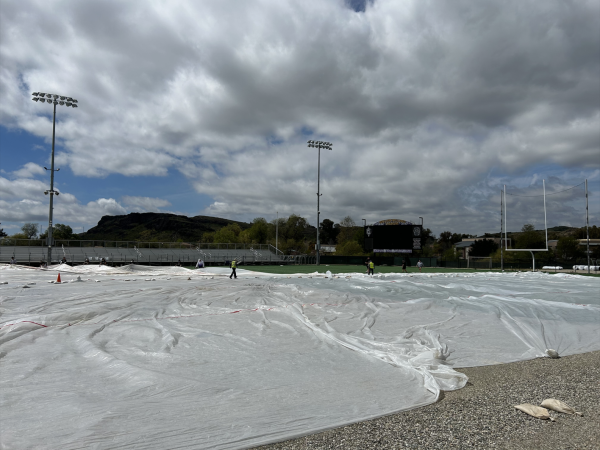
Dorothy Rasmussen • Apr 27, 2022 at 10:45 am
What a wonderful thing the students are saying about their great professor and how important the environment is to all of us. Keep teaching the way you are and remember how you’ve changed your student’s lives.
Bryan Rasmussen • Apr 28, 2022 at 10:59 am
Thanks mom!